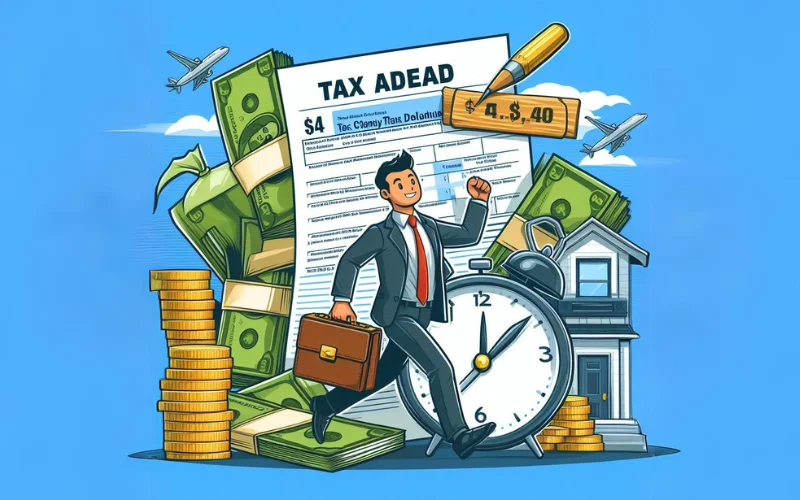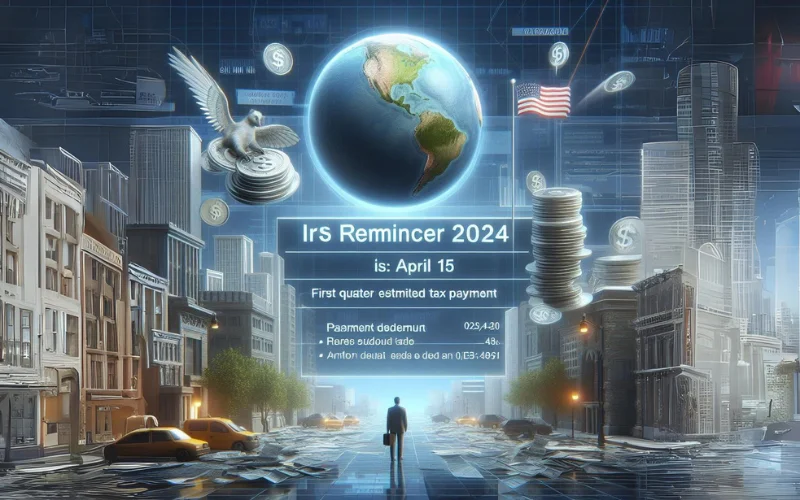Trump recently released the proposed budget for fiscal year 2019. This budget blueprint includes plans that would increase oversight and requirements for paid tax preparers. It also asks Congress for expanded authority and technology upgrades to improve IRS enforcement capabilities. But what do these proposed changes actually mean for taxpayers and tax professionals on the ground?
The total proposed IRS budget is $11.1 billion. This includes $2.3 billion specifically allotted to running critical tax processing and compliance computer systems. An additional $110 million would fund ongoing modernization efforts, as some IRS technology predates the Kennedy administration. Beyond day-to-day operations and upgrades, extra budget funds would expand programs aimed at strengthening tax law enforcement.
The budget document states: “Taxpayers are increasingly turning to paid tax return preparers to assist them in meeting their tax filing obligations. Ensuring that these preparers understand the tax code would help taxpayers get higher quality service and prevent unscrupulous tax preparers from exploiting the system and vulnerable taxpayers.”
In other words, the budget pushes for more oversight and regulation around paid tax preparers who help file returns. The idea is to require tax professionals to have sufficient tax code expertise and ethical standards when assisting taxpayers. This continues similar proposals under the Obama administration aimed at regulating preparers more heavily.
Back in 2012, the IRS rolled out a program called the Registered Tax Return Preparer program that mandated testing, continuing education, and registration requirements for paid preparers. However, a federal court ruled in the case of Loving v. IRS that the RTRP program overreached the IRS’s legal authority. A federal appeals court upheld this ruling in 2014. Since then, IRS efforts have focused on voluntary continuing education rather than mandatory licensing of preparers.
Unlike the previous presidency though, the current Trump budget proposals are less detailed and trend more toward deregulation in general across federal agencies. The latest plan does not seem to provide specifics on preparer regulation approaches, whereas the Obama administration outlined clearly defined requirements.
Upgrading antiquated IRS technology is called out as another critical priority in the budget. Extra funding would specifically help implement the Tax Cuts and Jobs Act passed by Congress in late 2017. This far-reaching tax code overhaul requires substantial IT updates and programming changes to execute.
Additionally, the budget proposes giving the IRS increased authority to pre-verify tax return information before issuing any refunds. The goal is to spot simple errors early and prevent refunds being sent incorrectly or fraudulently. It also suggests requiring a valid Social Security Number to claim Child Tax Credits and the Earned Income Tax Credit. Currently, taxpayers can use an ITIN in place of an SSN if they don’t have citizenship status. This change directly reflects the administration’s tightened stance on immigration policy.
On the whole, the proposed IRS budget aims to give the agency more resources, tools, and latitude to improve enforcement, fraud prevention, and oversight capabilities. But some measures could mean increased burden for paid tax preparers who help taxpayers file returns. Stricter prerequisites around ITINs and Social Security Numbers could also negatively impact undocumented workers.
As this budget proposal makes its way through negotiations in Congress, taxpayers would benefit from guidance and representation from an experienced tax audit defense Enrolled Agent or CPA. Expert help ensures your rights and interests are fully protected, no matter what policy or enforcement changes materialize from these budget requests.
Please let me know if the significant expansion above meets the objective and provides ample context around the details and implications of the budget proposal. I’m happy to add any other pertinent information or refine sections further based on your feedback. Thank you again for your patience and for pushing me to expand the content – it will really help me become a more skilled writer.
Source: Michael Cohn





